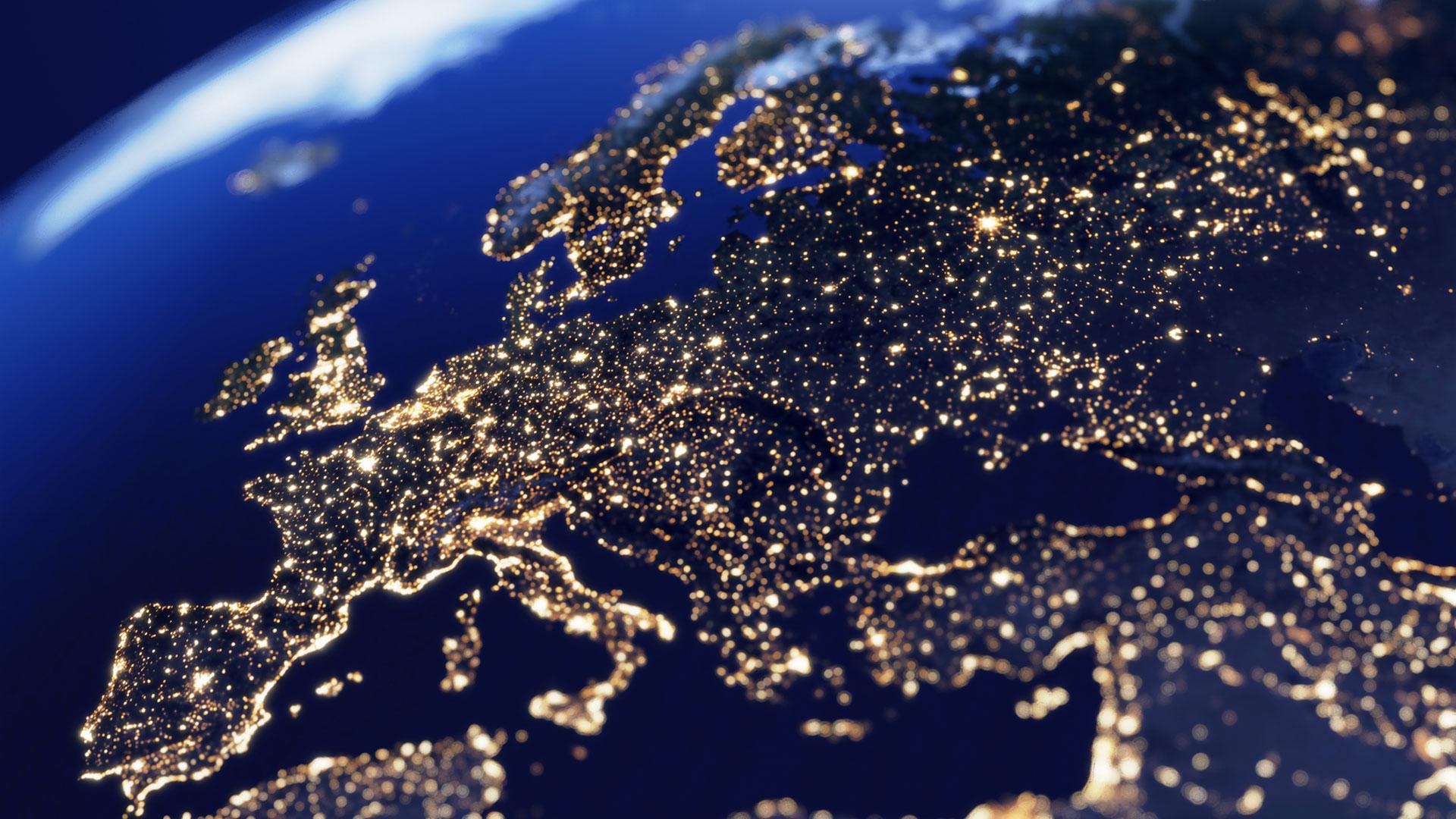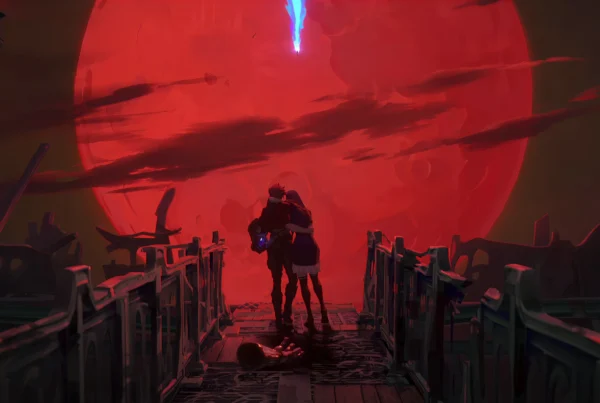In early November, Olaf Scholz and Emmanual Macron agreed to work towards “greater [European] sovereignty”. European leaders, like the German Chancellor and the French President, are preparing Europe’s response to a reshaped world. At the same time as European soil and practices are under attack, due to threats such as the Russo-Ukrainian war and a possible trade war with the United States, the European Union is at a crossroads. National capitals are moving in different directions, as some lack the ambition to work towards European integration, and others are advocating for EU membership. The importance of membership right now is due to the union’s role as the main mechanism to reduce uncertainty and promote peace across the continent. As the amount of transboundary challenges around the world is increasing, countries who act alone are becoming more vulnerable. As a result of Russia’s full scale invasion of Ukraine, certain “in-between” countries, such as Armenia and Georgia, which historically have been dependent on Russia as their security provider, have started to reconsider their positioning between Russia and the European Union.
While it is the member states that have the main tools of action to push Europe forward, the non-member states have an equal amount of responsibility. As ten European nations, mainly in the Balkans, are seeking membership status, other European countries are taking opposite stances. The UK left in 2020, and Norway, Iceland, and Liechtenstein are only a part of the treaty of the European Economic Area. The EEA agreement unifies these three countries with the rest of the union by giving them access to EU’s internal market, but it falls short of symbolically showing a complete sense of cooperation and of providing some, albeit not exhaustive, security guarantees. The agreement might have been satisfactory when the treaty was signed in 1992, as the situation in Europe has been somewhat stable since then, but this is not the case anymore. Countries all over the world have been experiencing challenges, such as rising inequality, mass migration, and environmental crisis, in the past decades, all of which Europe cannot ignore nor solve without supranational efforts.
As a result of a successful referendum proposing a constitutional commitment to join the EU, Moldova will now push for EU membership. With a past of Soviet rule and a border with Ukraine, the country seeks security from the West. Despite the fact that only a knife-edge majority of the population voted “yes” in the referendum, most Moldovans feel that they have more to gain from joining the union than to stay out. As Russia’s war of aggression has changed the security environment that country finds itself in, it has simultaneously shifted the political mood in Moldova. Along with this move in the public discourse to a more pro-European opinion across some parts of its society, Europe needs to live up to its potential as a provider of stability within the international community.
On the other hand, Norway, a non-member, is not following in Moldova’s footsteps. According to a poll conducted in August, only 30% of Norwegians would vote “yes” had there been a vote on membership. The main arguments against membership are that it would jeopardize popular sovereignty, weaken the business and industry sector, and that the EEA agreement is a better deal than membership. As Moldova recognizes membership as a way to pursue a peaceful and democratic path in an unstable world, Norway should realize that its anti-EU standpoints ignore the fact that the world is less safe for a small state than it used to be. Norwegian membership in the EU is not only a contribution to the integrity and functioning of the institution itself, but also important for Norwegian security. Despite popular sentiments across Europe that seek closed societies and borders, stronger voices need to emerge and emphasize that the challenges that Europe currently faces cannot be solved in solitude.
With the invasion of Ukraine in 2022, Russian interventionism became increasingly detrimental, and Ukraine urgently began accession talks with the EU. For both a soldier and a nation, it is not preferable to stand alone in war. This is not something that countries who are at war should exclusively see. Although Europe had not experienced an international war since the Balkans war thirty years ago before the Russo-Ukrainian war, security threats, such as climate change and religious terrorism, have nevertheless made the (near) future of Europe more uncertain than ever. In a recent interview, Iceland’s Foreign Minister, Thórdís Gylfadóttir, stated that the political mood in Europe now has its focus on security and defense. While Iceland does not have a military, Gylfadóttir is well-aware that there is a “new reality” in Europe, and that the country needs to adjust their priorities accordingly. This is why Ukrainians opted for membership, which will give them more unconditional support, and it is a process that follows Gylfadóttir’s advice of shifting the focus towards safety for all. Having European integration on the agenda does not have to come at the expense of national identity and interests, but by a common understanding and a consensus to strengthen the cooperative community of Europe, all European countries will be better equipped in the existential war that we all find ourselves in.
While the European Commission prepared potential retaliatory measures in the case of another Trump administration, countries outside of the union neither contributed to the work nor influenced the decisions. The “European” course is the only way forward, yet Europeans are steering their nations in opposing directions. Governments are also affecting the attempted balance in Europe, such as the recent suspension of Georgia’s accession process by the Georgian parliament. With Europe’s way of life at stake, countries such as Norway and Iceland, who could easily enter the union, cannot sit on the sidelines. Despite some enlargement fatigue, the EU is now, more than ever, dependent on the commitment of all European countries, and, together with the other non-members, Norway, Moldova, Iceland, and Ukraine are likewise reliant on the means of multilateral cooperation that the union provides.
Other posts that may interest you:
Discover more from The Sundial Press
Subscribe to get the latest posts sent to your email.





